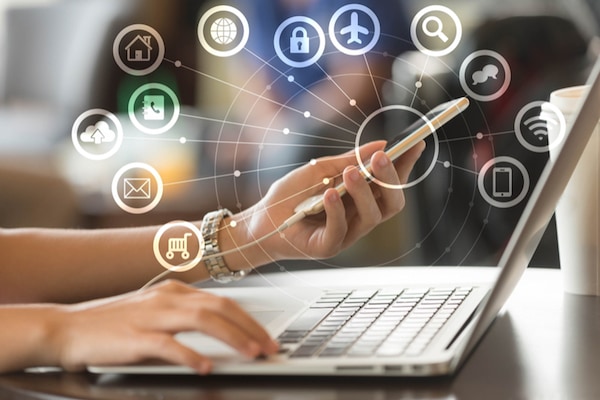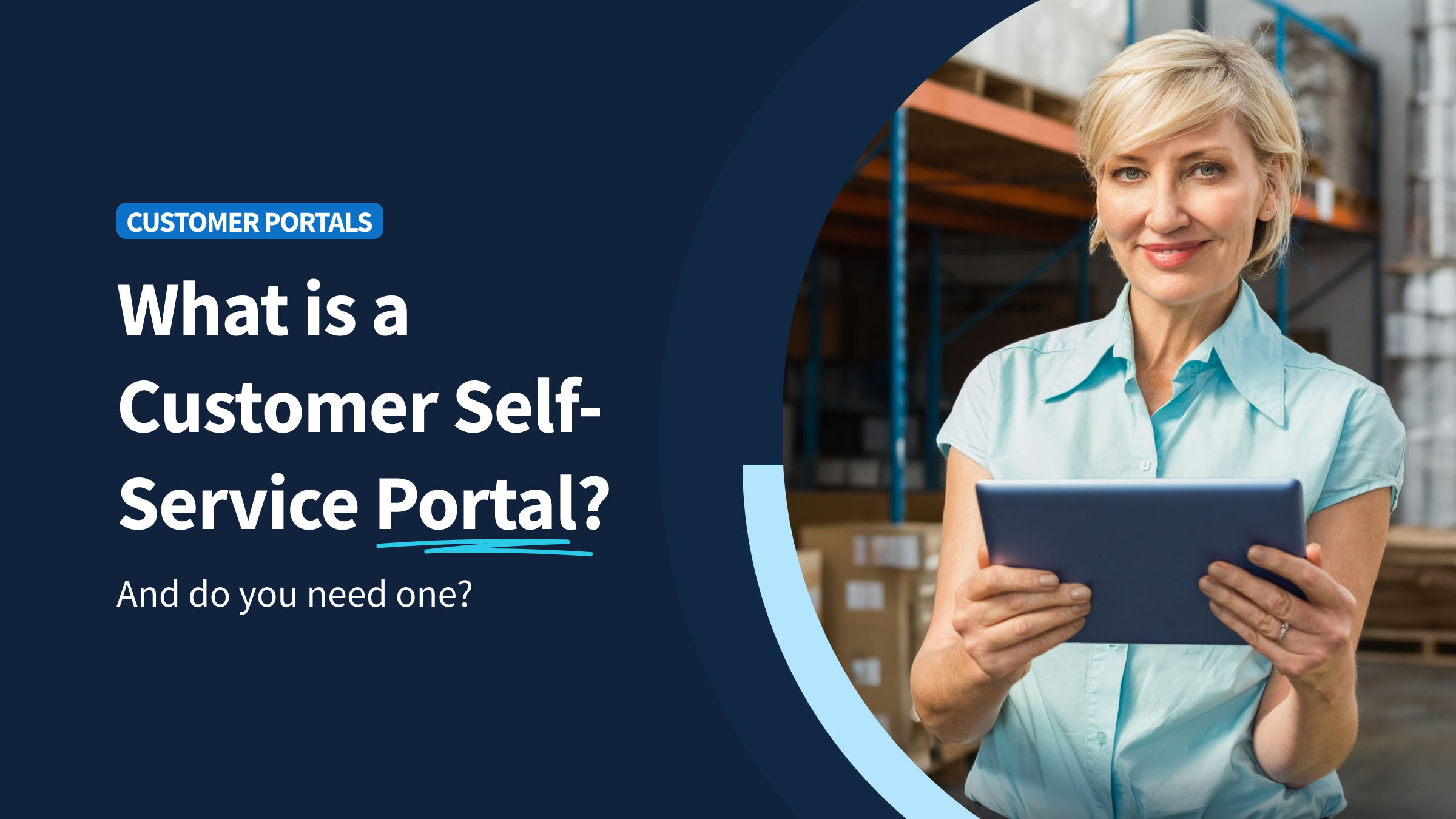Electronic devices are changing the way we live, work and play. They’re everywhere. Just look around at the number of smartphones, laptops, headphones, home assistants (such as Alexa and Google Home), electronic payment systems, and wearable devices.
More importantly, each of these devices is increasingly connected via the Internet. And this connectivity goes beyond what the average person touches in their day-to-day lives. Mechanical components in cars, transit vehicles, airplanes, and manufacturing plants are all using wireless technology to communicate their locations, working statuses, and other data.
Technology research firm Gartner says there will be over 26 billion connected devices by 2020. This network of “things” is commonly known as the “Internet of Things” or “IoT.” It may sound like a precursor to Big Brother-style surveillance system. But in reality, the Internet of Things is a more benign technology. By equipping devices and people with real-time information, the cost of doing business will drop while efficiency increases.
Here are just a few examples of how IoT will improve outcomes in various industries.
1. Tracking shipments on the go
The construction industry depends on timely shipments because without supplies, it’s impossible to build the bridges and buildings we need in our daily lives. But as anyone who’s moved houses knows, it’s easy to lose track of shipments en route.
Luckily, IoT has the potential to not only provide real-time locations of shipping containers but also real-time status updates on how the cargo inside the containers is holding up under the stress of transportation. Consider the following examples:
- The Danish shipping company Maersk ships 18% of worldwide containers every year, and it wants to make sure those shipments arrive safely. One way it does this is by “asking” its 300,000 refrigerated containers to upload information about temperature and location to the cloud. If the heat increases in one of these containers, somebody on site will know right away, thus allowing them to fix the problem before it’s too late. And with convenient GPS tracking, these containers won’t get lost.
- At the port of Rotterdam, Holland, managers know exactly how quickly cargo passes through on its journey to the customer. Ships, cranes, and containers all relay information about their statuses to let operators know exactly how well things are moving along. IoT allows the port to move 25% to 50% more containers than any northern European competitor.
2. Improving financial accuracy
It’s not only shipments that move around the world. Information is also on the go and constantly changing. It’s never been more important for accountants to stay up-to-date on financial transactions as they work with global clients and deal with multinational business contracts.
IoT is a perfect companion to the latest in Internet security, known as blockchain. KPMG urges accountants to leverage blockchain technology, which is made up of a series of secure data blocks, each involving a specific transaction. This technology keeps financial transactions protected from fraud, mainly because everything is transparent and connected.
As IBM explains, changing a single “block” in the “chain” impacts every other block in the chain, which means every user can see what you’re doing. Once you add in the use of cryptography to protect the data, you see how blockchain can complicate a hacker’s life.
Besides reducing the risk of hacking, blockchain will also improve efficiency because accounting ledgers will be securely synchronized through the Internet, thus reducing the need for manual checks and the frequency of audits.
IoT will impact financial accuracy in other ways. More companies are using “digital shelves”, which relay information from their warehouse locations about what inventory is sitting in storage. Just like with cargo in shipping containers, these shelves can provide warehouse managers with important updates about temperature or expiry dates to ensure the safety of perishable items.
For accountants, this is good news: knowing where things are means that financial controllers will have unprecedented accuracy when tracking assets, customer backlogs, and other metrics that must be reported on quarterly balance sheets.
3. Opening up new opportunities for consultants
As IoT becomes more prevalent in every industry, the consulting landscape will change drastically. Not only will consultants themselves gain greater flexibility for remote work and collaboration, but the opportunities for consulting on IoT-specific issues will increase.
Understandably, the biggest companies need to have ways of sending information securely to their off-site consultants. This might include customer data, terms of service and even confidential company information to assist with crafting sales pitches. Ernst & Young predicts one of the key benefits of IoT will be synchronized information, allowing consultants to access up-to-the-minute details as they work remotely with clients.
Meanwhile, as companies begin to include IoT in their strategic plans, they will likely have questions about the costs and complexity of implementing it. This means that IoT consultants will be in high demand for companies looking to make the switch, as these consultants can ensure that the systems are secure while remaining easy to access for those who need them. Distribution, manufacturing and shipping companies can all benefit from the expertise of IoT professionals who can focus on implementing the technology while the companies focus on their customers.
Evolving with the Internet of Things
IoT is a young technology, which makes it hard to predict its future. We can be sure, however, that companies of all types will soon have more information about their products, customer relationships, and finances than ever before. Before long, even ordinary software may use IoT as a backbone to deliver the most up-to-date information to its users — which will change the business landscape as we know it.






